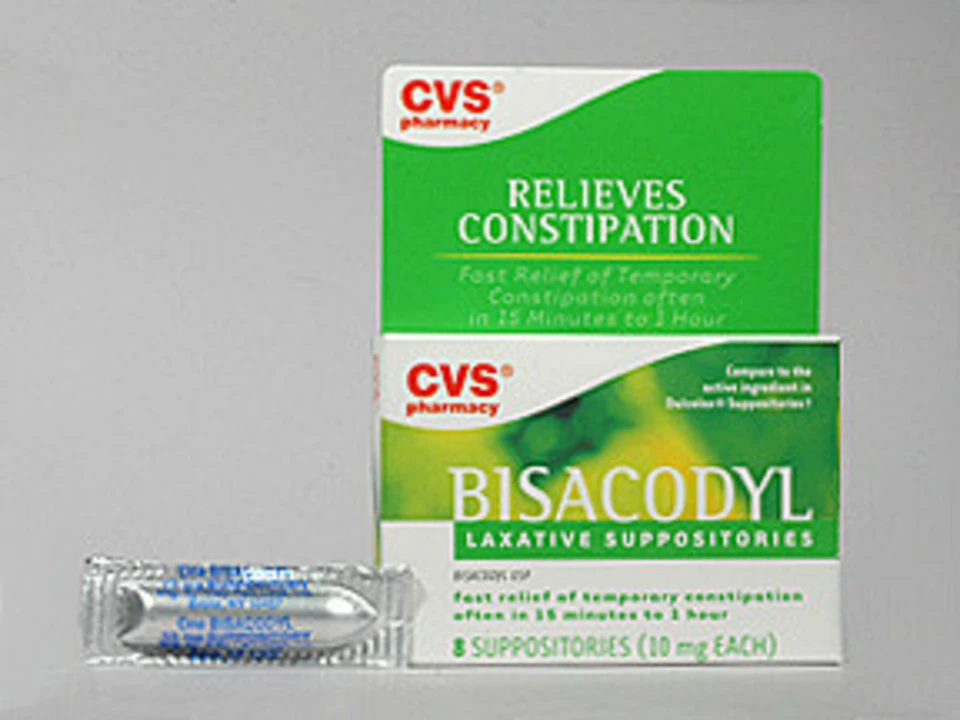Geriatric care: practical medication and health tips for seniors
Older adults often juggle multiple prescriptions, doctor visits, and daily tasks. That can be overwhelming. This page gives clear, actionable tips to keep medication safe, prevent falls, and manage common chronic issues like diabetes, blood pressure, and bone health.
Medication safety made simple
Start with a single, up-to-date medication list you carry to every appointment. Include prescriptions, over-the-counter drugs, vitamins, and supplements. Ask your clinician if any drug can be stopped or simplified — that’s called deprescribing and it can cut side effects and confusion. Use a weekly pill box and set a phone alarm or use a pill app to avoid missed or double doses.
Watch for interactions. Some blood pressure meds, diabetes drugs, and common painkillers can interact or change how you feel. Bring your list to the pharmacist and ask them to run an interaction check. If you buy meds online, use only licensed pharmacies that require a prescription and show clear contact info and reviews. Cheap offers without prescriptions are red flags.
Daily habits that protect health
Hydration and nutrition matter more as we age. Drink water regularly and aim for protein at each meal to protect muscle mass. Vitamin D and calcium help bone strength — ask your doctor about testing and safe doses. If you’re on diuretics or drugs that affect electrolytes, check salt and fluid guidance with your provider.
Falls are a top risk. Remove loose rugs, add night lights, install grab bars in the bathroom, and keep frequently used items within reach. Improve balance and strength with short daily exercises like sit-to-stand reps, heel raises, or gentle tai chi. Good vision and hearing checks reduce accidents, so schedule them yearly.
For chronic disease management, small habits add up. Monitor blood sugar or blood pressure at home if recommended, and bring readings to visits. Keep a simple symptom diary so you can spot patterns — for example, dizziness after a new pill or swelling that starts after a dose change.
Caregivers: communicate clearly and set routines. Use one place for pills, keep refill dates visible, and set reminders for medical appointments. Encourage regular social contact and mental activity — short walks, puzzles, or phone calls help mood and thinking.
If you notice sudden confusion, new weakness, severe dizziness, breathlessness, or chest pain, seek urgent care. For non-urgent concerns like confusing side effects or questions about cheaper medication sources, talk to your pharmacist or doctor first. They can advise safe online pharmacies and alternatives that fit a senior’s needs.
Small, steady changes make geriatric care feel manageable. Keep lists, simplify meds, focus on hydration and strength, and lean on pharmacists and clinicians for safety checks. These steps can reduce risk and help older adults stay more independent and confident every day.
As a copywriter, I've recently come across the topic of Bisacodyl use in geriatric care. Bisacodyl is a medication commonly prescribed to older adults to treat constipation. It works by stimulating the bowel muscles, helping to promote regular bowel movements. This can be especially important for the elderly, as constipation may lead to more serious health issues if left untreated. Overall, Bisacodyl seems to be a valuable tool in maintaining the digestive health of our aging population.
View Details